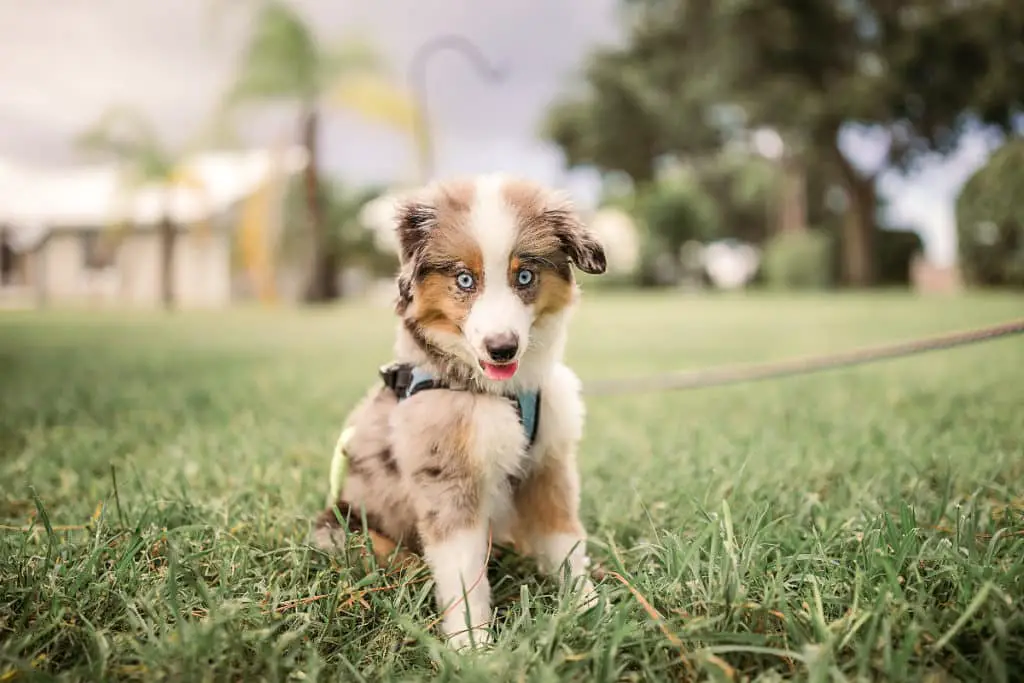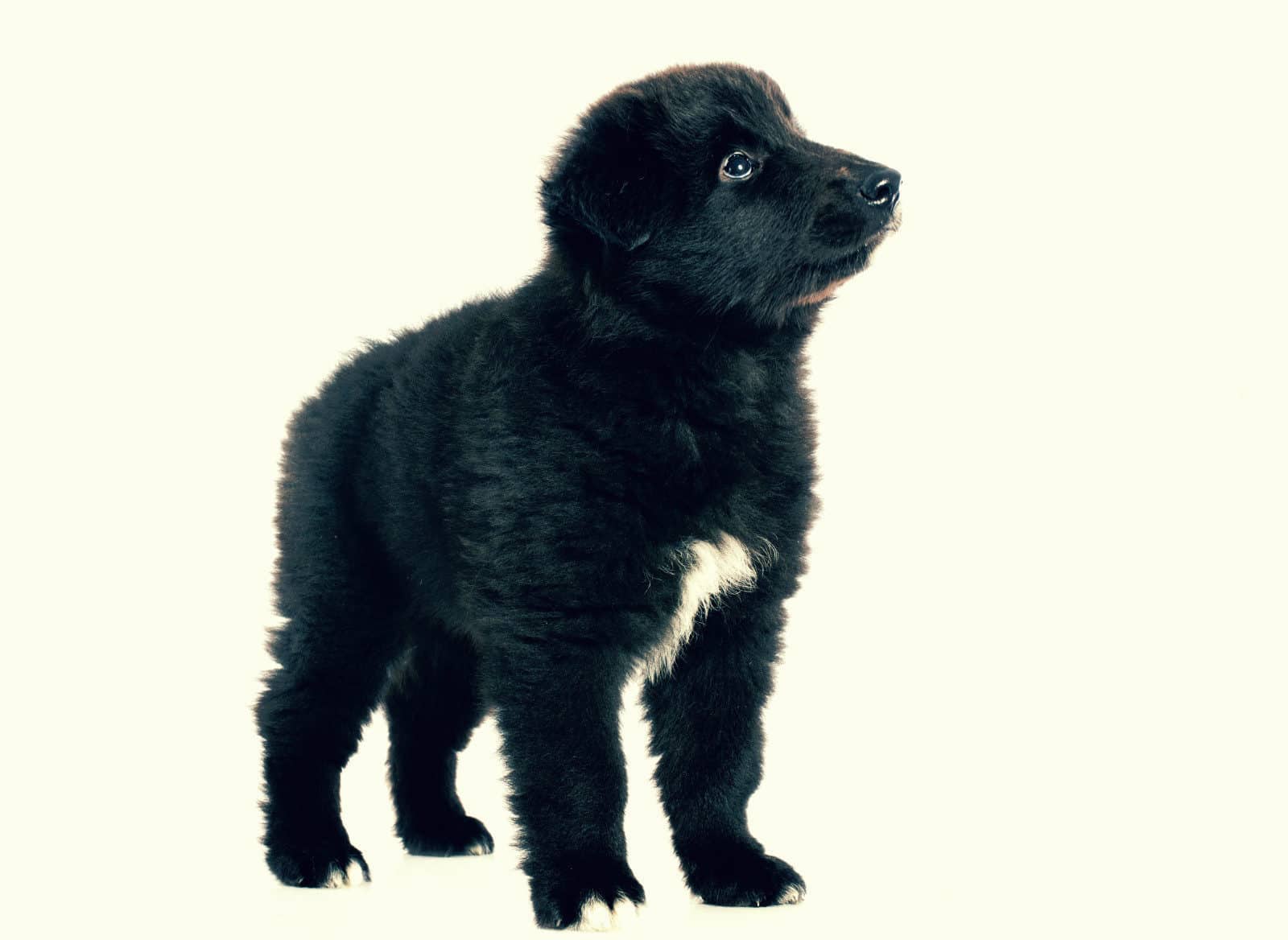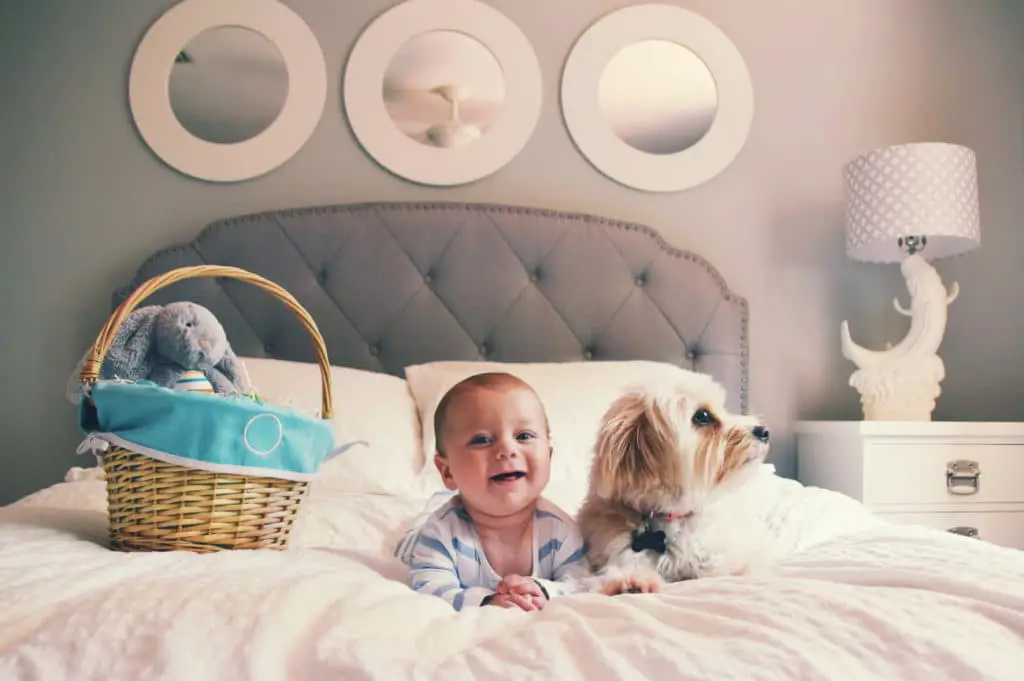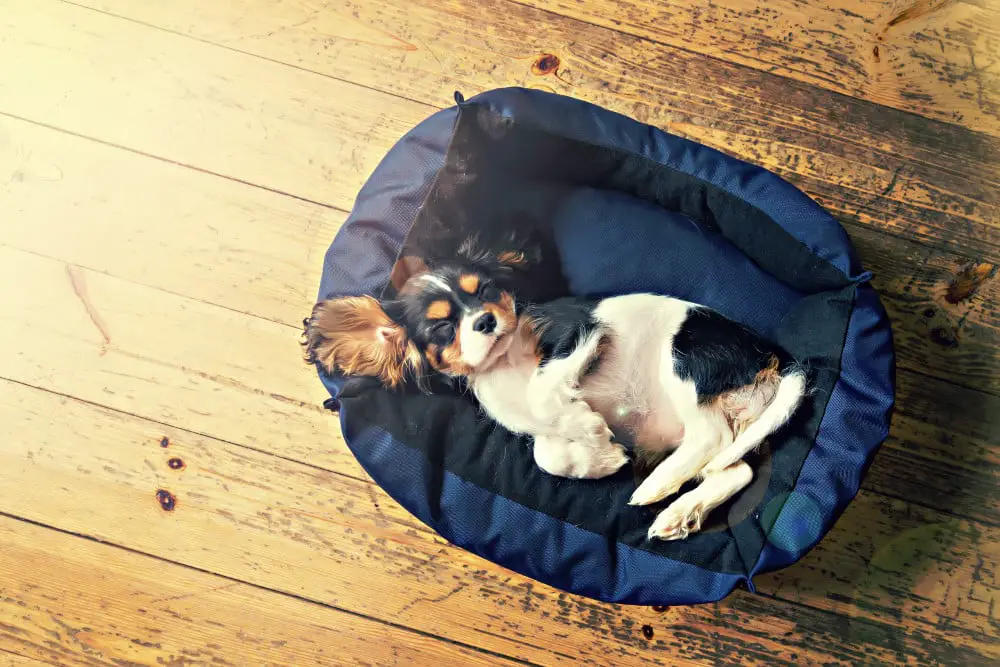Just like human babies, puppies also can get hiccups. It would be adorable for us but not so adorable for the pup. Remember that hiccups are very common in puppies and dogs, and hiccups do not hurt your puppy. Also, having hiccups doesn’t mean that anything bad is happening inside your pup. But hiccups are surprising and can be annoying to your pup. So, when your puppy suddenly starts to get hiccups, you have to help them stop it.
Table of Contents
How can puppies get Hiccups?
Before talking about how to stop puppy hiccups, let’s talk about how puppies can get hiccups.
- Eating very quickly
If your puppy is a fast eater, then it can get hiccups very often. However, even we can get hiccups if we eat faster. This is because when a pup eats faster, they breathe less while eating, and less oxygen level in their body can cause the pup to have hiccups.
- Gas in the belly
If your pup has gas in their belly (Gastritis), that also can cause hiccups often.
- Drinking too quickly
Just like eating fast, drinking too quickly can cause your pup to have hiccups. It’s because they breathe less during drinking too quickly.
- Stress
Puppy hiccups can occur regularly if your pup is stressed. Mental stress can cause hiccups very often. For example, if your pup is nervous or afraid of something, that can cause stress for your pup.

- Upset stomach
An upset stomach can also cause puppy hiccups. If your pup is suffering from food poisoning or diarrhea, that can cause your pup to have hiccups.
- Getting excited
Puppies tend to get excited over almost anything. Sometimes, they get excited more and for a long time. Unfortunately, this can also cause them to have hiccups due to breathing less oxygen for a considerable amount of time. Just like us, puppies and even adult dogs breathe less when they get excited. This is because when we get excited, our attention goes to the thing that makes us excited. This is a common situation among many animals such as cats, cows, sheep, and many more.
- Playing too much
When puppies play too much, their body starts to require more oxygen. But if that oxygen demand is not met, then they will start to have hiccups. It’s just like eating and drinking too fast and getting excited.
These are the reason for puppy hiccups of all ages of puppies. Whether your pup is 8 weeks old or 10 weeks old, or even 12 weeks old, the above reasons would be the most likely reasons for your puppy hiccups.
What does Puppy Hiccup look and sound like
You can watch these cute puppy videos to get a good idea of how puppy hiccup looks like.
How long can puppy hiccups last?
Usually, puppy hiccups last for only a couple of minutes. However, it can sometimes last up to 15 minutes, and that’s normal. Occasionally, puppy hiccups can last for an hour. If your puppy is having hiccups for more than an hour, then that can be a bad sign, so you should consult with a veterinarian as soon as possible.
How to stop puppy hiccups?
You can help your pup stop having hiccups by doing these things.
- Give them water
Drinking water can stop hiccups. But make sure that your pup drinks water slowly. If it drinks water too fast, then hiccups won’t go away. So, scratch their head and little face when your puppy drinks water, so they drink it slowly.
- Go for a short walk
A good way to stop hiccups is by taking your pup’s mind off of having hiccups. If you think about it, it even works for us. What’s better than going for a little walk to take your pup’s mind off of things, right? So, if your puppy is having hiccups, strap on and go for a short walk for about 10 or 15 minutes. This will also make your pup breathe more, and that would also help stop hiccups.
- Use a slow feeder puppy bowl.
As mentioned above, if your puppy eats fast, then that can cause hiccups regularly. The best solution for this is to use a slow-feeder puppy bowl. This will make your puppy eat slowly. So, your puppy won’t have hiccups.
You can check for super slow feeder puppy bowls from Amazon from this link.
- Scratch and pet pup’s little belly
Scratching and petting your pup’s belly can stop hiccups. When you do that, your pup’s mind will stop thinking about hiccups and will start to think about you scratching its belly. Also, this will make your pup breathe properly. Both of which help stop puppy hiccups.

Do you need advice from a veterinarian?
You should consult with a veterinarian if these things happen.
- Hiccups lasting for more than an hour
Even if you don’t do anything to help stop your puppy’s hiccups, they should fade away after 60 minutes top. However, if hiccups still occur after an hour, then there might be a more serious issue with your pup that causes hiccups. In that case, you should take your pup to a veterinarian.
- If your pup shows new symptoms
Normal hiccups are normal. But if those normal hiccups convert into a wheezing sound, then that could be serious. This can happen when extent hiccups cause difficulty or irregular breathing. Uncontrollable hiccups can be a symptom of a more serious problem. So if that happens, you should take your pup to a vet.
FAQ
- Puppy hiccups worms
An intestinal parasite called “Roundworm larvae” can migrate through the body and encyst in your pup’s lungs. This can cause hiccups on your pup or adult doggo. Suppose your pup’s hiccups happen with sneezing, wheezing. In that case, you should go to a vet because that’s a clear indication of intestinal parasites.
If you want to know more about deworming your pup, you can read this article on How to deworm a Puppy.
- Dog hiccups and vomiting
Extent hiccups can be caused by gastritis, and that can also cause diarrhea or constipation. But severe gastritis can cause vomiting and loss of appetite. If that occurs, you should take your pup to a vet quickly. Intestinal parasites can also cause this issue, so it’s better to be safe than sorry. Take your pup to the vet as soon as possible since it’s an easily treatable issue.
- Puppy hiccups in sleep
Having hiccups while sleeping is a normal thing for puppies. But check if your pup is choking on something while they are asleep. If that’s the case, they’d have extreme distress, face rubbing, repetitive coughing, and excessive drooling. Otherwise, let them sleep while having hiccups.


